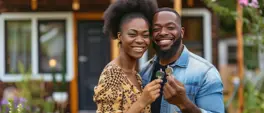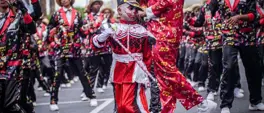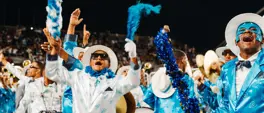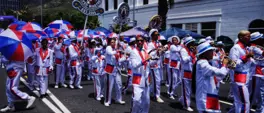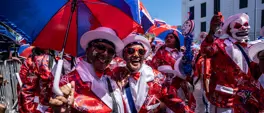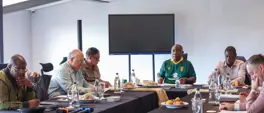DEVON THOMAS: The end of an era: Why we need to divorce ourselves from Pride
Devon Thomas
8 November 2022 | 10:00Pride, above all else, was created to be transgressive, assertive, and a political statement – but now it's turned its back on the community in favour of pink capitalism.
On Thursday, 26 October, the United States embassy issued a terror warning that Sandton was likely to be a target for an attack on Saturday "targeting large public gatherings" – the same day of Joburg Pride.
Understandably, this sent the office into a mild collective panic, prompting my boss to ask me to skip covering the event.
However, on Friday, much of the panic had subsided and Joburg Pride organisers announced that they would not cancel the event.
In the statement, they referred to the essence of Pride as an event meant for “protest action” and that girls, gays, and theys should take to the street to “assert our visibility”.
#wewillmarch pic.twitter.com/QXn9gFd6ix
' Johannesburg Pride (@JhbPride) October 27, 2022
It seems that the devil works hard but capitalism works harder.
They aren’t wrong - Johannesburg Pride was started by Simon Nkoli and Beverly Ditsie through the Gay and Lesbian Organisation of Witwatersrand (GLOW) in 1990 to protest the intersectional oppressions of race, sexuality and gender.
Pride, as it was meant to be, was created to be transgressive, assertive, and a political statement – above all else.
Though I’m too young to have ever experienced Pride in its inception, I do imagine that there was an element of the subversive celebration of non-normative identities, but this was never the main intention of Pride.
Fast-forward to the present day and it becomes quite clear that Pride is now, above all else, a normative celebration of vaguely accepted identities and no longer meant to be a transgressive political statement.
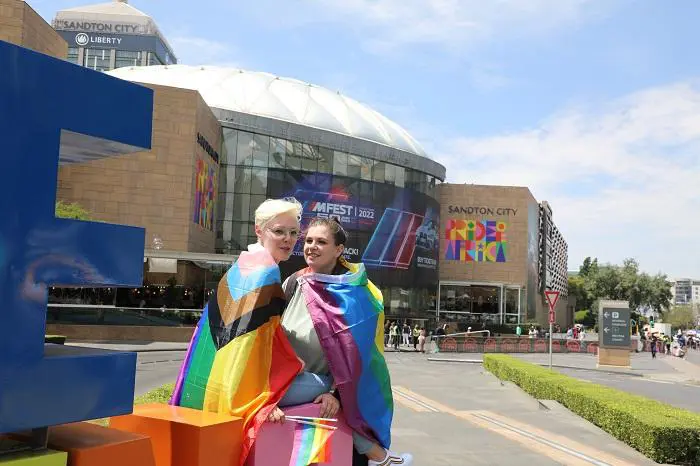
Johannesburg Pride 2022. Picture: Devon Thomas/Eyewitness News
In fact, in a statement to 702, the chairperson of Johannesburg Pride and founder of Pride of Africa, Kaye Alley said that Pride needed to adapt its modus operandi to move from “hardcore protest action” to advocacy with a “celebratory tone” in order to stay relevant to younger audiences.
On the one hand, yes, it’s probably true that a protest would likely alienate younger audiences that have never experienced Pride as a political statement.
On the other hand, adopting this conformity to achieve the biggest audience possible only subtextually proves that Pride has become one of the most blatant forms of pink capitalism in Africa.
To circle back to their statement, for whatever reason, not only did they mention that “all lives matter” for literally no reason, but they also mentioned their “33 out of 54 African countries that criminalise homosexual acts" tagline.
Superficially, this might not be important to note, but contextually the “all lives matter" rhetoric was popularised as a reaction by white people against the Black Lives Matter protest movement.
The last time I checked, black people are by far the predominant race in African countries, so then why mention all lives matter at all?
This does not add up! I smell a rat!
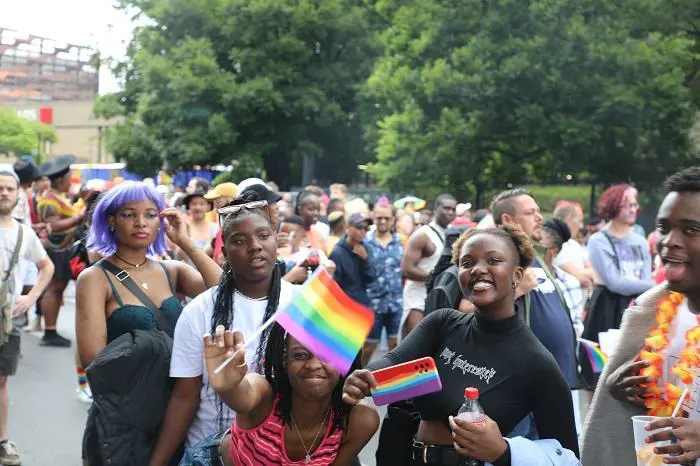
Picture: Devon Thomas/Eyewitness News
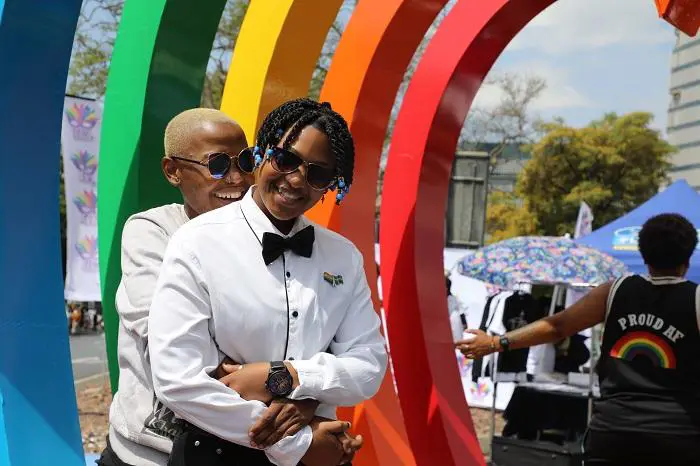
Picture: Devon Thomas/Eyewitness News
Anyway, despite the anxiety brewing inside of me, I decided to go ahead with the Pride festivities after my boss reassured me that nothing would happen on Saturday.
So, on the day, I put on my most provocative Halloween-adjacent outfit I could think of (I was a provocative nun), got the camera from the office and off I went.
Perhaps it’s because of my disillusionment with Pride mixed with the social anxiety of being around a large gathering of people, but I was supremely underwhelmed by the event itself.
For all intents and purposes, the event was perfectly fine: the stalls were cool, the march itself was okay, the drinks were expectedly overpriced, and the attempts at politicising Pride by including vague talks about queer rights were just as hollow as the event’s modus operandi itself.
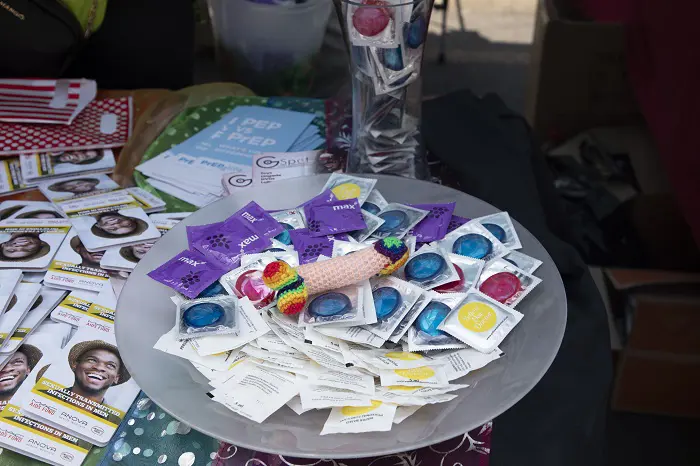
Picture: Devon Thomas/Eyewitness News
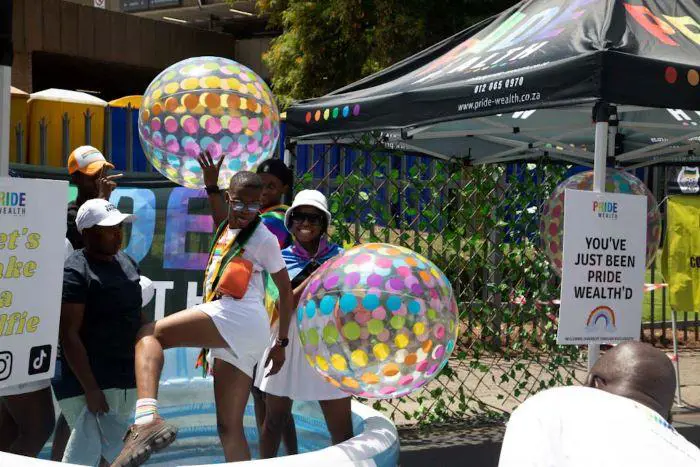
Picture: Devon Thomas/Eyewitness News
However, what I found particularly interesting about Pride was not the event, it was the community of people occupying the space.
As much as Pride has lost its meaning as an event, it’s always so cool to see queer people as expressive as they are when they’re afforded safe public spaces.
It was beautiful seeing the array of people in flamboyant outfits, openly expressing their love for their partners and the sheer diversity of people at Pride.
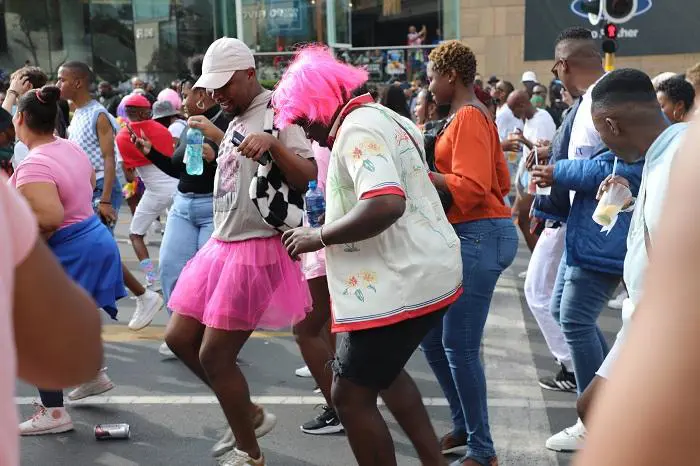
Picture: Devon Thomas/Eyewitness News
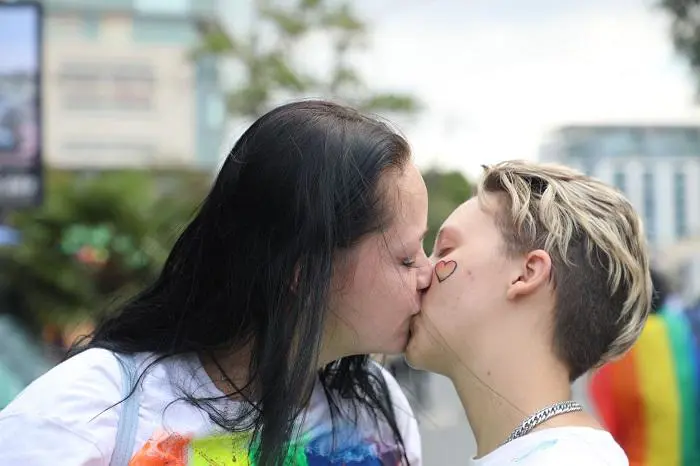
Picture: Devon Thomas/Eyewitness News
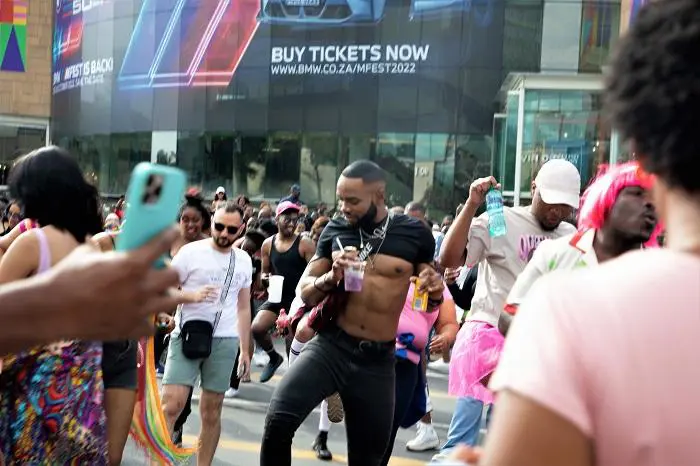
Picture: Devon Thomas/Eyewitness News
Personally, for me, every day is a brand new opportunity to be subversively expressive.
But I am well aware that most queer people in the country are either too afraid to be "loud" and "out there" or, in most cases, cannot do that out of the very real fear that they might be targeted by queerphobic idiots.
So, it’s events that aren’t just coded as queer but are explicitly queer that allow people from all over the continent to congregate to be as gay as possible - and do so unapologetically.
Pride – as well as events like Vogue Nights and the Unofficial Pink Parties – provides queer people a chance to experience what many heterosexual people take for granted: the ability to outwardly be themselves without the fear of assault.
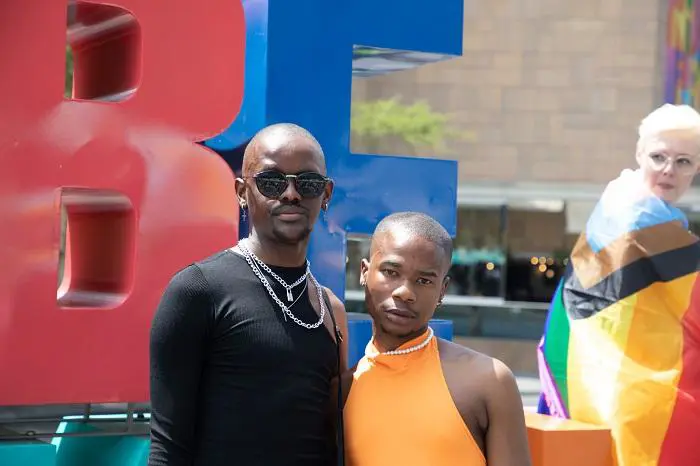
Picture: Devon Thomas/Eyewitness News
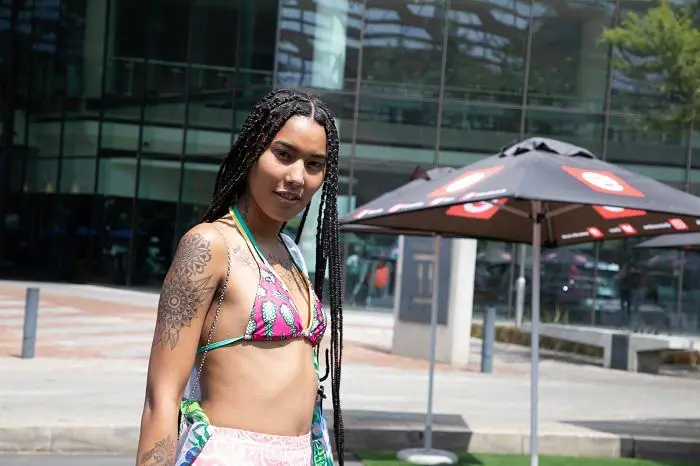
Picture: Devon Thomas/Eyewitness News
As much as my choices of self-expression may be perceived as “bold and defiant,” I very rarely go out into my hood with a beat and a dream out of the fear of being targeted.
Even when I came out to my family, as much as they were, and continue to be, the most supportive people a queer person could ask for, my dad told me that he was terrified that I’d be attacked for being openly queer.
I’m a stubborn ass Taurus so obviously I didn’t listen.
But over the years, though I’ve become increasingly expressive as I've become more assertive with my own identity, I’ve come to see the dangers of doing that - which is why I opt to be selective of just how much of my identity I assert.
The point is, above all else, that is the true beauty of Pride and why it still matters.
It’s the chance for the continent's queer community to come together and be queer AF, celebrate this queerness, assert the expression of their identities, and do it defiantly.
It’s one of the only days in the year that we’re able to let our guards down and actually be protected by the state (in practice, not just constitutionally) for doing so.
Pride, the event, may be too far gone but Pride, the expression, is stronger than ever.
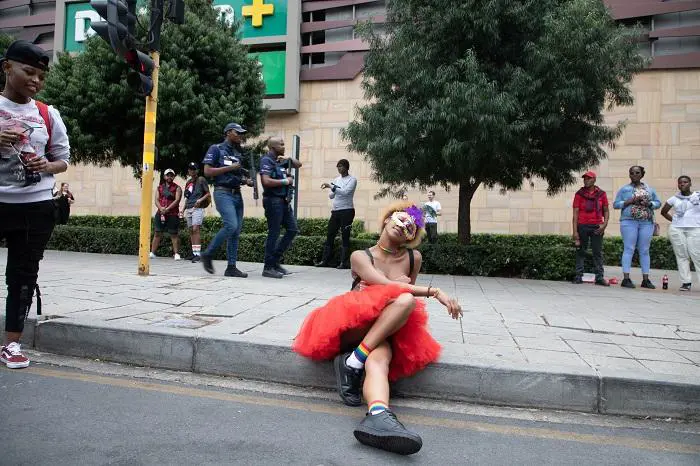
Picture: Devon Thomas/Eyewitness News
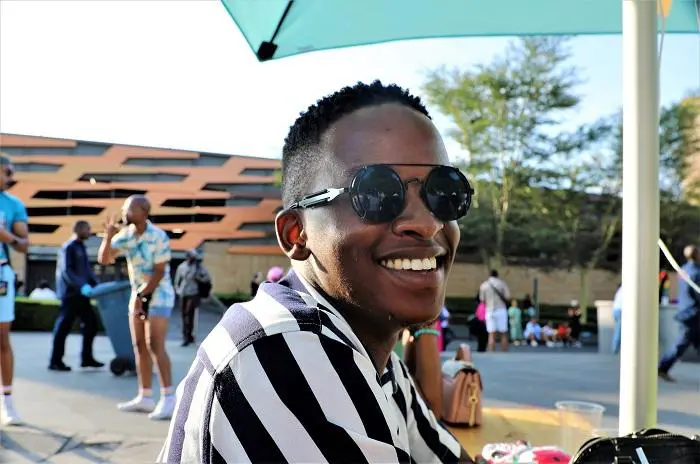
Picture: Devon Thomas/Eyewitness News
Get the whole picture 💡
Take a look at the topic timeline for all related articles.
